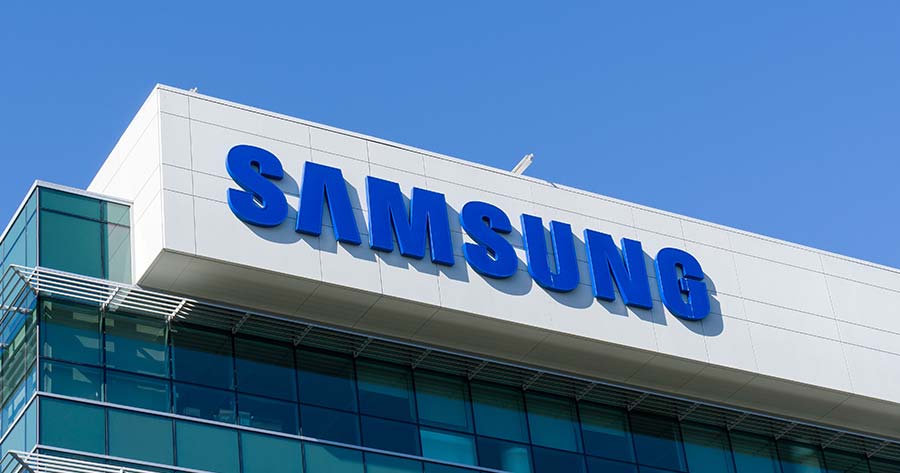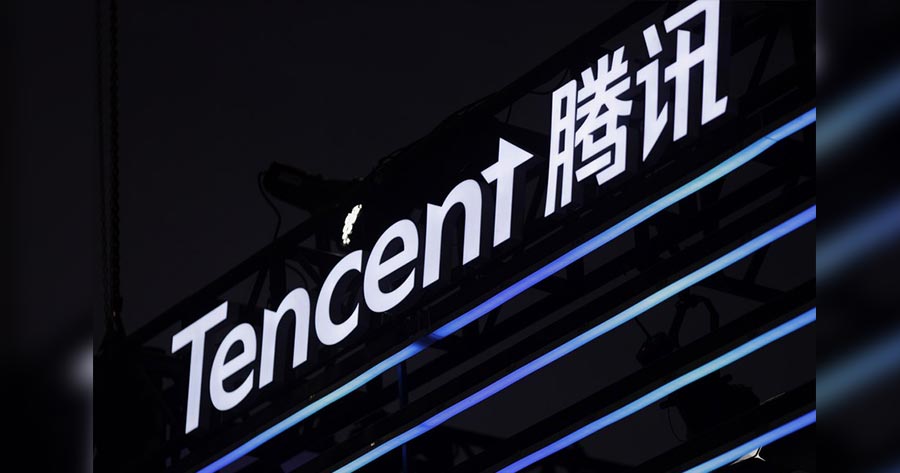Samsung Electronics has sharply increased prices on key memory chip modules by as much as 60% since September, according to sources familiar with the company’s sales strategy.
The move comes as a global shortfall intensifies competition among data center operators building out infrastructure for artificial intelligence, putting additional cost pressure on industries dependent on advanced semiconductors.
The world’s leading memory chip producer delayed its typical monthly pricing announcement for October supply contracts, sources said, signaling mounting volatility in contract negotiations.
In November, the price of Samsung’s 32GB DDR5 modules surged to $239 from $149 recorded in September, according to Tobey Gonnerman, president of Fusion Worldwide, a global semiconductor distributor. The company’s 16GB and 128GB DDR5 modules saw their prices escalate by around 50% to $135 and $1,194, respectively, while 64GB and 96GB modules climbed by over 30%.
DDR memory chips, crucial for managing data transfer and storage in servers and computers, have become scarce as hyperscale data centers race to expand AI capabilities. Manufacturers and technology companies relying on these components face rising costs for smartphones, PCs, and other products that incorporate the chips.
Industry executives say the chip squeeze is so severe that customers are resorting to panic buying. Some top server and data centers makers are recognizing that they will not get enough chips, as the prices are too high, Gonnerman said.
China’s biggest contract chipmaker, SMIC, warned the crunch is reverberating through the sector, as some customers are now postponing orders for other chip types integral to their devices. Xiaomi, a leading Chinese electronics and auto manufacturer, has cautioned that higher component costs are lifting smartphone production expenses.
Despite trailing in the market for advanced AI chips, Samsung is now benefiting from robust demand and tight supply, reclaiming some pricing leverage. According to Jeff Kim, head of research at KB Securities, Samsung’s slower entry into AI-specific chips has enabled it to maintain better pricing power versus competitors SK Hynix and Micron.
Ellie Wang, analyst at TrendForce, said Samsung is expected to hike quarterly contract prices by 40% to 50% for the last quarter of 2025—a sharper increase than the industry-wide average of 30%. She also noted companies are fully confident that prices will escalate. This was due to strong demand and scramble to secure long-term chip deals, with most being stretched to 2026 and beyond.





